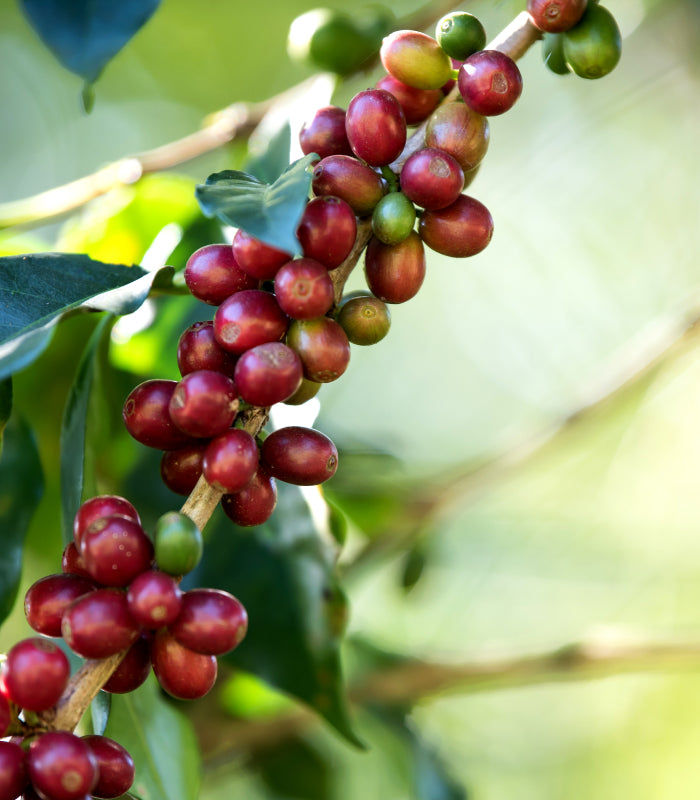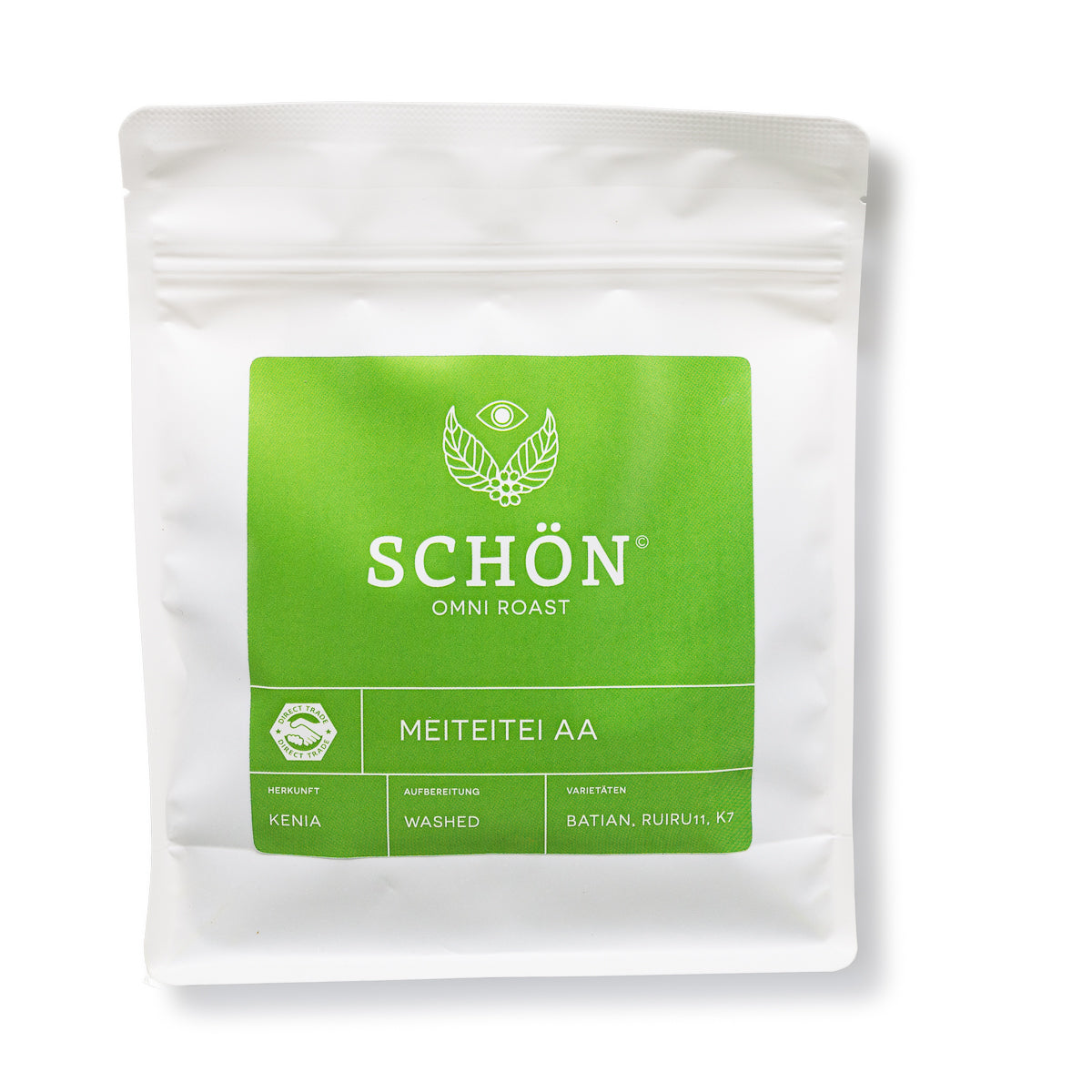Description
Description
Origin
Origin
Brew Advice
Brew Advice

Always fresh
For incomparable taste
We roast several times a week.

Secure payment
Choose from a variety of
secure payment options.

FAST DELIVERY
Safe and reliable with DHL
shipped. Directly to your home.
roasting
Omni Roast
Our Omni Roast is roasted slightly lighter and faster than our espresso roasts, but slightly darker and slower than our filter roasts. This versatile roast is designed to work well as both a filter roast and an espresso . The flavor profile leans more toward that of a filter roast, with prominent fruity and sweet notes, but also offers the intensity and body typical of espresso. This balance makes the Omni Roast particularly flexible and ideal for coffee lovers who enjoy experimenting with different brewing methods.
Light roast
The light roast, roasted for 7 to 10 minutes , emphasizes fruity aromas without overly roasted flavors. The body can vary from light to medium , often with a high acidity. This roast is ideal for lovers of fruity and floral coffees .

processing
Washed Process
In the so-called washed process (or wet processing), the coffee cherries are thoroughly washed after harvest and sorted by size using various sorting channels . Larger and heavier beans are considered to be of higher quality . The pulp is removed and the beans are fermented in water tanks. After fermentation, the remaining layer of mucilage is completely washed off . The coffee beans (the kernels of the coffee cherries) are then dried in the sun on so-called African Beds . Some farms also use special greenhouses that function like greenhouses and protect the beans from the weather. The process ends with a final finishing in the dry mill, where the beans are usually graded.
Special variety
When it comes to coffee processing, there are a wide variety of varieties that are characterized by their unique flavor profiles and growing conditions . Some of these special varieties have stood out due to their exceptional flavors and adaptability to specific processing methods.
In Kenya, the Ruiru 11 and Batian coffee varieties have become increasingly popular, mainly in response to the challenges of climate change and the associated risks to coffee cultivation.
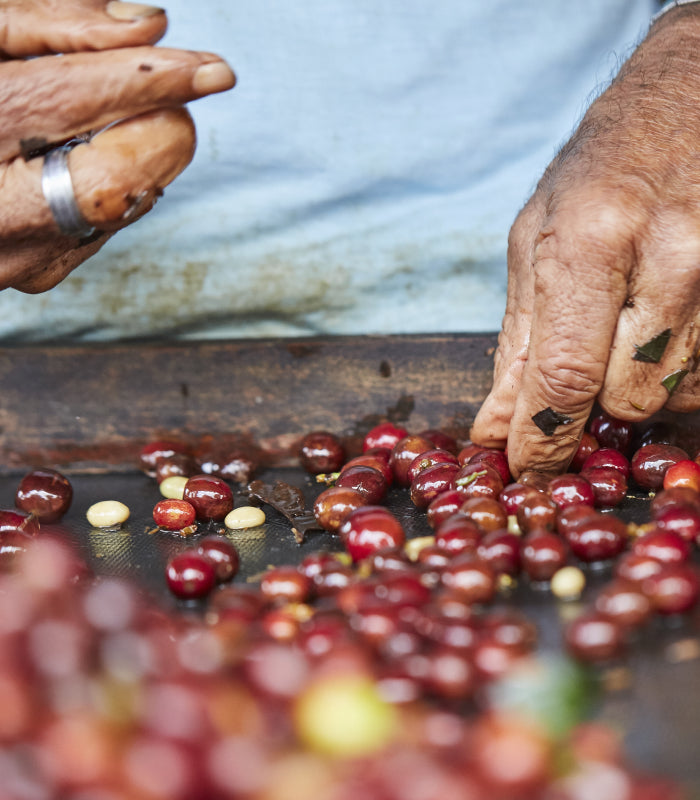
Cultivation land
Coffee cultivation Kenya
Kenya is known for its high-quality coffees and has traditionally been associated with the SL varieties . However, climate change is increasingly introducing new, more resilient varieties such as Ruiru 11 and Batian . Kenyan coffees are known for their intense acidity and fruity notes , which make them particularly popular with coffee connoisseurs.
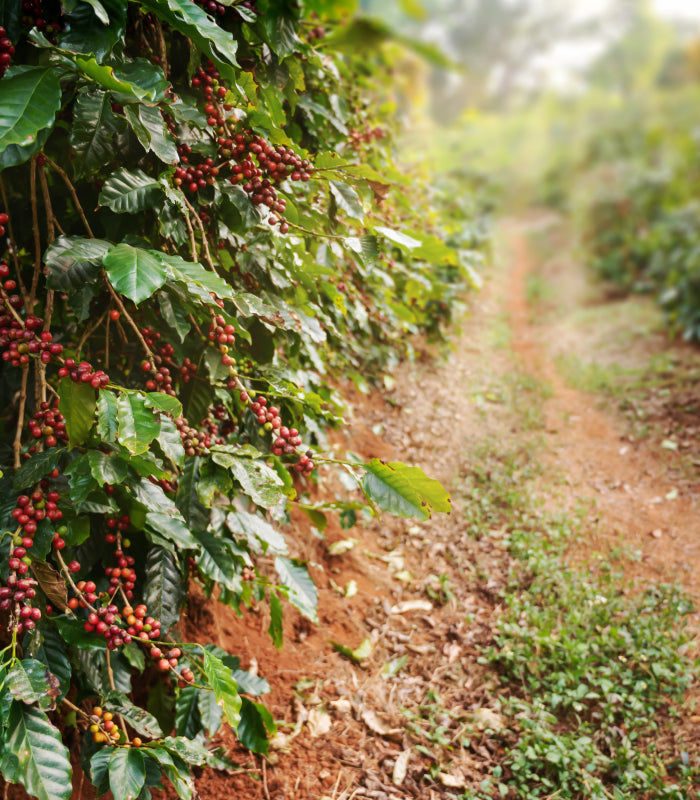
Coffee specialties
Microlot: Exclusive small batches
A microlot represents a high-quality, small batch of coffee that is selected for special characteristics such as a special variety, exceptional growing conditions or an innovative processing method such as anaerobic fermentation . These coffees often come from a specific part of a farm where the soil, microclimate and sunlight provide optimal conditions for growing . Microlots are known for their high quality and limited availability and often offer unique flavor profiles that set them apart from standard coffees.
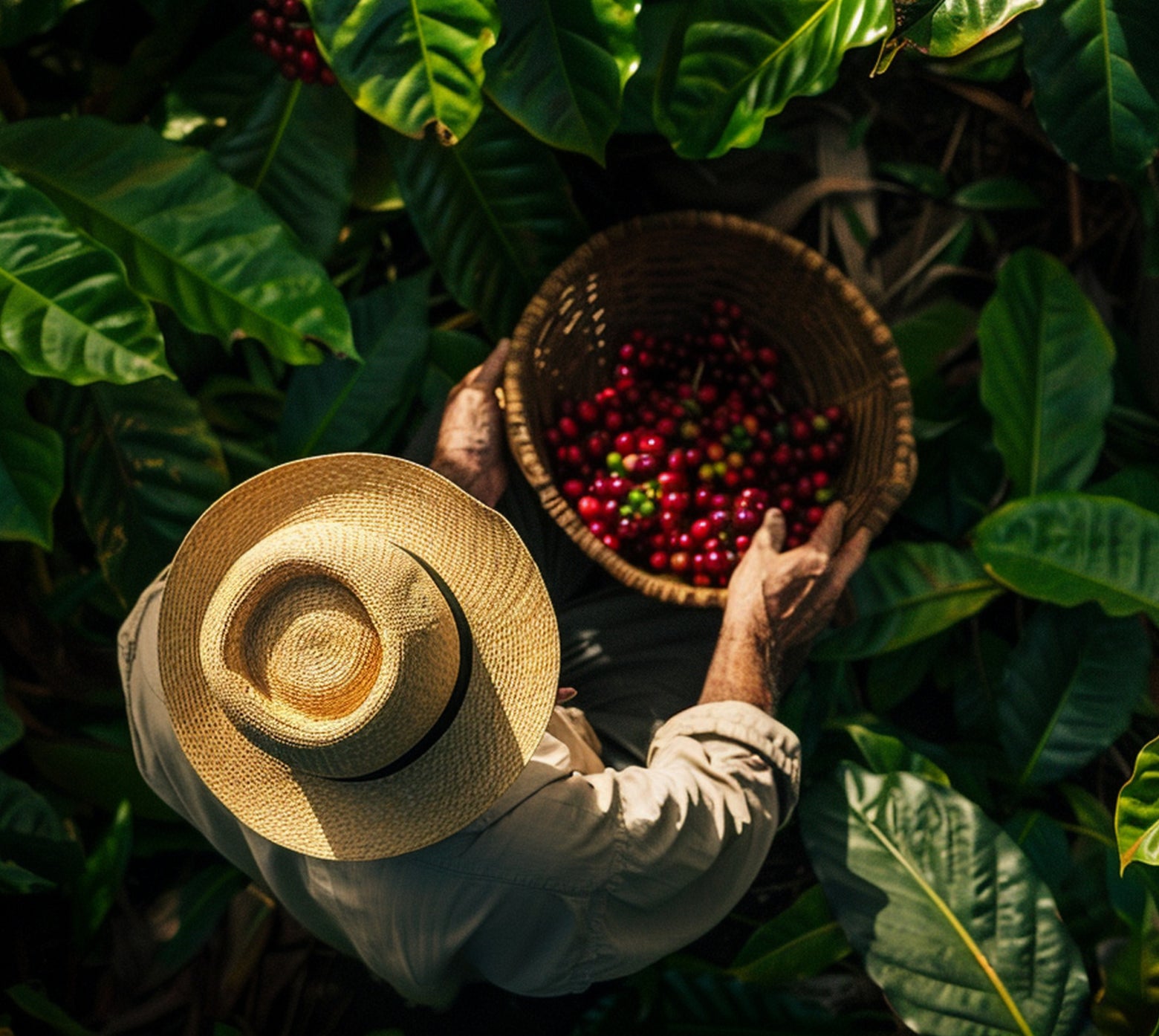
Types of coffee
Arabica
Arabica is the most widely consumed type of coffee in the world and is generally considered to be of higher quality compared to Robusta. Arabica coffee is characterized by a delicate flavor profile that can range from fruity to chocolatey-nutty flavors . This diversity is partly due to the variety, the country where it is grown, the soil, and especially the altitude. Arabica is grown at higher altitudes, typically above 1000 meters , where the slower growing conditions encourage the development of richer and more complex flavors. However, Arabica is also more susceptible to pests and fungal diseases such as coffee rust . More recently, Arabica-Robusta hybrids have also been developed to combine the robustness of Robusta with the delicate flavor characteristics of Arabica.
